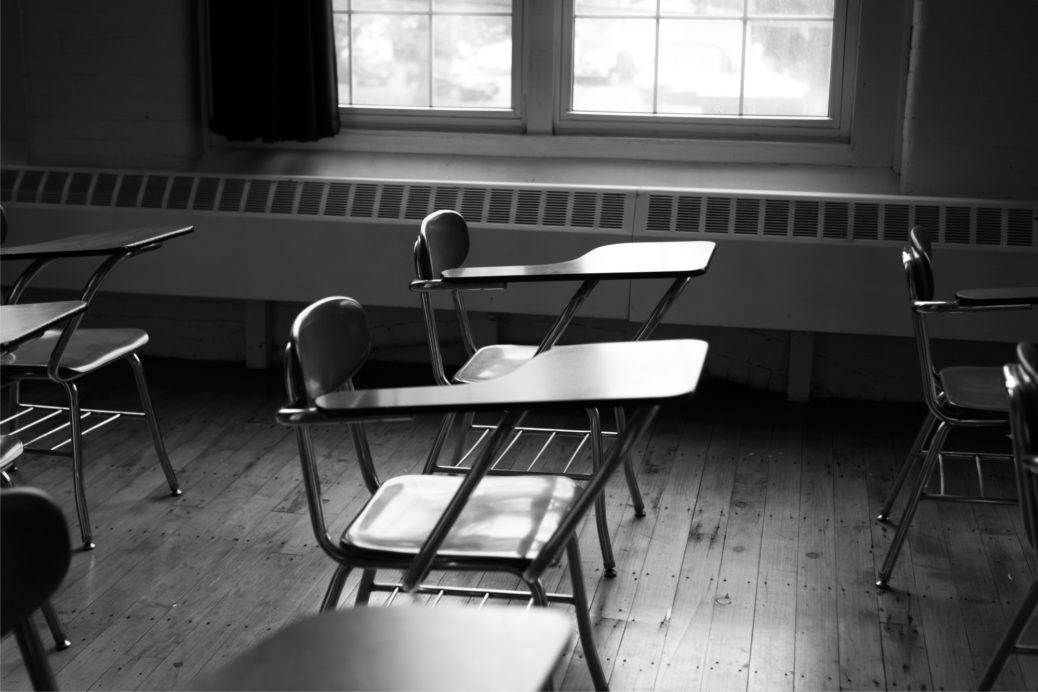Kenya is replete with incidents of abuse of the rights of children with research by Unicef and the Ministry of Labour and Social Protection revealing that one in two young adults experienced violence as a child in one form or the other.

Photo by Jared Nyataya | Nation Media Group
At 32.2 per cent and 34.3 per cent for boys and girls, respectively, physical violence is the most common form of violence against children. About 52 per cent and 51.5 per cent of young girls and boys witness violence at home, at school or in the community while 41-48 per cent of children have suffered violent disciplinary actions like corporal punishment.
Harmful cultural practices such as female genital mutilation, early marriage, infanticide, child labour, child prostitution, child trafficking, abuse and neglect must be included in this discussion.
The Covid-19 pandemic has exacerbated the violence. Children have been defiled in their homes by their domestic help, relative or even parent. The trauma they suffer calls for the need for psychosocial therapy, medical and legal aid even as they are evacuated from the environment and violators.
But where do such children find refuge? Safe houses could help to prevent some deaths as the children can run there when they sense danger.
Offer temporary safety
Safe shelters are physical spaces, or a network of spaces, that exclusively or incidentally offer temporary safety to individuals. They play a critical role in the child protection system.
In Kenya, most safe shelters are community-based or run by non-profit organisations and are mostly located in Nairobi.
Government-run safe houses or rescue centres are few and located mostly in Nairobi, Machakos, Garissa and Thika.
So, in the event that a child is facing eminent threat, they have no
safe spaces created by law to host them. This sorry state of affairs has led to such children to be housed by their relative, police stations or even juvenile homes.
In some of these spaces, sadly, children live under very difficult circumstances besides being exposed to further harm.
Protecting children
As a signatory to the United Nations Convention on the Rights of the Child and the African Charter on the Rights and Welfare of the Child, Kenya has a mandatory obligation to protect children from abuse through legal and institutional frameworks.
To complete and complement the child protection system, the government should, first, shed light on violence against children, with particular attention to incidents in the family.
It could assist parents to find solutions to their differences in a way that keeps their children out of harm’s way. Secondly, the it can establish more safe shelters specifically for children, complete with trained staff and security.
Keeping children in gender violence recovery centres or police custody, as happens, is not conducive and has had negative unintended consequences for traumatised children, adding to their misery.
Dr Oloo, EACHRights CEO and head of Public Law department at JKUAT School of Law, is an expert on human rights with bias towards children’s rights. judith@eachrights.or.ke.




